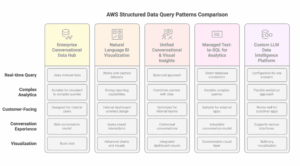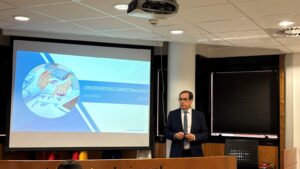The Partnership for Advanced Computing in Europe (PRACE) is an international non-profit partnership that brings together the five largest European supercomputing centers in France, Germany, Italy, Switzerland, and Spain through the Barcelona Supercomputing Center. The partnership includes about twenty countries, and its main task is to allocate work to be carried out on European supercomputers through the review of proposals and project monitoring.
As a quick response to the global pandemic by the coronavirus, PRACE facilitated the work of the scientific community with the PRACE COVID-19 Fast Track Call. This program allocated thousands of years of computational simulations, free of charge, to better combat the health crisis. The free allocation of high-performance computing (HPC) resources accelerated the generation of scientific knowledge. Additionally, the results were made available to the entire community openly through the principles of Open Science.
After working for over a year to provide urgent access to supercomputers, the PRACE committee that evaluated candidate research and allocated HPC has summarized the lessons learned. The results are now presented in the journal PNAS.
In four months, the COVID-19 Fast Track Call received 80 proposals divided into five groups: biomolecular research, compound detection, fluid dynamics, virus transmission through droplets, and epidemiology. Additionally, 12 of the projects also used artificial intelligence (AI) techniques to model infection spread or conduct biostructural studies.
Researchers from across Europe have used over 500 million hours of simulations (equivalent to over 57,000 years) to combat the pandemic during this time. “This represents 40% of the total machines in the period considered, using all possible resources to be able to do science in any field that could alleviate covid-19,” explains Núria López, from the Catalan Institute of Chemical Research (ICIQ).
“We have worked hard to ensure that no one with an interesting project and potential application is left out,” adds López.
“We saw that there was a need and an opportunity for urgent computation, and now we have our tools ready to face this type of challenge,” emphasizes this member of the scientific steering committee of PRACE, who adds: “This experience has taught us a lot and, when a new crisis arises, we can do it again. Open science is especially important in times of need.”
The lessons highlighted by the authors when applying urgent supercomputing in future crises include the availability and openness of data, promoting the submission of interdisciplinary proposals that address interconnected effects of a pandemic or other emergencies, modifying technical requirements to facilitate access to scientific fields that are technically less prepared to work with HPC but potentially useful in combating crises, and rigorous peer scientific evaluation to avoid proposals that may not produce tangible results in the short term.
“The community has worked hard in the COVID-19 Fast Track Call, they have been very generous with their time and we thank them; however, we need more people studying and working in technical areas (for example, software developers to port codes to HPC architectures), as this will allow us to have the best algorithms and use them efficiently when the next crisis arises,” concludes Professor López.
via: MiMub in Spanish











